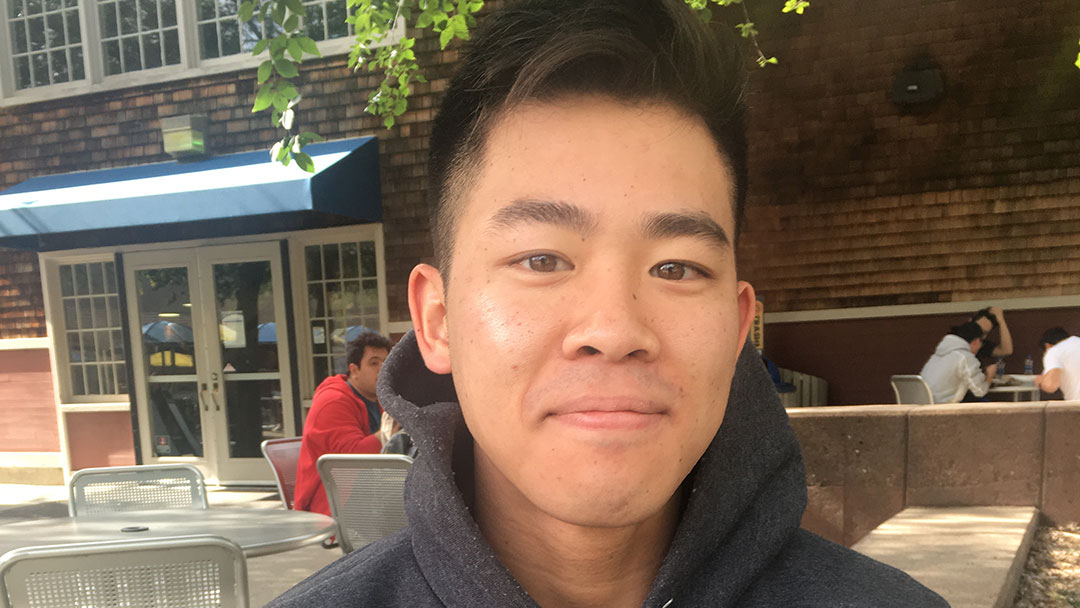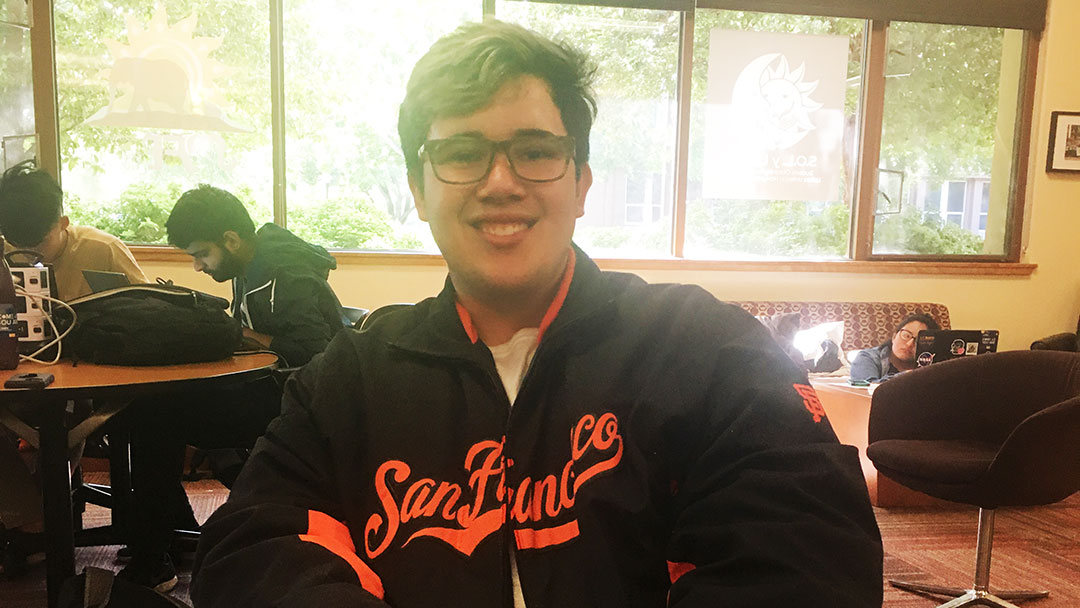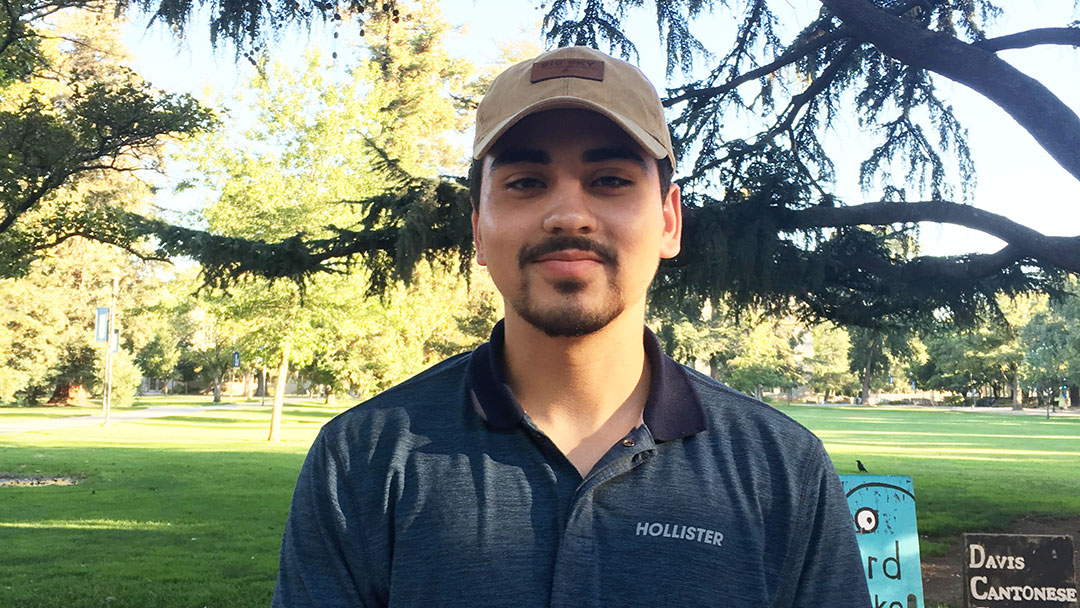
To some parents, college applications are solely the students’ responsibility; to others, they are a team effort, one in which parental contributions potentially overshadow their kids’.
As application season swings into high gear — the UC application opened this month — the subject has also made headlines, with two admissions scandals centering on parent involvement. The FBI investigation dubbed Operation Varsity Blues, uncovered in March, accused 33 parents of paying a consultant to ensure their children’s admissions to colleges including Stanford and UCLA. At July’s end, ProPublica reported on Illinois parents — including doctors and lawyers — who passed children off to “legal guardians” so they would have greater financial aid.
The level of parental involvement stems from their backgrounds, said Sally Springer, UC Davis associate chancellor emerita and co-author of Admissions Matters: What Students and Parents Need to Know About Getting into College (4th ed., 2017). “Some may have gone to college outside of the U.S., where the process was completely different. Or some were born and raised in the U.S. but didn’t go to college. Some might have gone to college and wanted to go to a different one. Some might have gone to a college and loved it so much they want their kid to go, too.”
Because of the varied starting points, parents may not have a complete picture of U.S. college admissions beyond household names such as Harvard, Yale, and Princeton, Springer said. The overall college landscape is much broader than typically portrayed.
“There are around 2,100 nonprofit colleges and universities in the United States, and a majority of them will accept almost any student who meets their admissions requirements,” she said. In fact, findings from the Pew Research Center this year suggest that a majority of U.S. colleges admit most students who apply, echoing the sentiment that most American colleges are accessible.
Springer, who has worked as a college consultant for families for 12 years, said she strives to remind families that certain schools will always be long shots. “Parents need to understand that some things are out of the students’ control — no matter what the student does,” she said.
And pushing too hard may hurt students, according to a 2011 UC Davis Law Review article co-authored by Seton University School of Law professor Gaia Bernstein and Haim Striks School of Law professor Zvi Triger. They found over-parenting, regardless of college applications, could stunt children’s independence, leading them to struggle socially at college.
Yet Springer said she believes parents can find a happy medium between hovering and detached, providing support while still granting the student control over their college application process. Overall, she stressed, parents need to remember that the student is the one going to college.
To soothe parents, Springer suggested that they ask students to keep them in the loop by providing weekly updates. She also recommended parents take care of administrative tasks like paying for applications, learning about financial aid or going on college tours when students can’t leave school.
“It’s important for parents to signal to their kids that they’re going to be successful and that their parents will be proud of them wherever they go — that their love isn’t contingent on a college outcome,” said Springer.
How involved were your parents when you applied to college?



